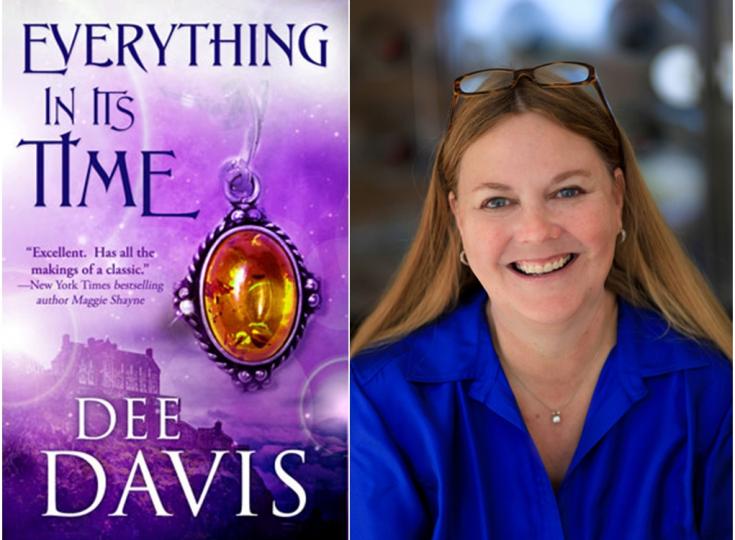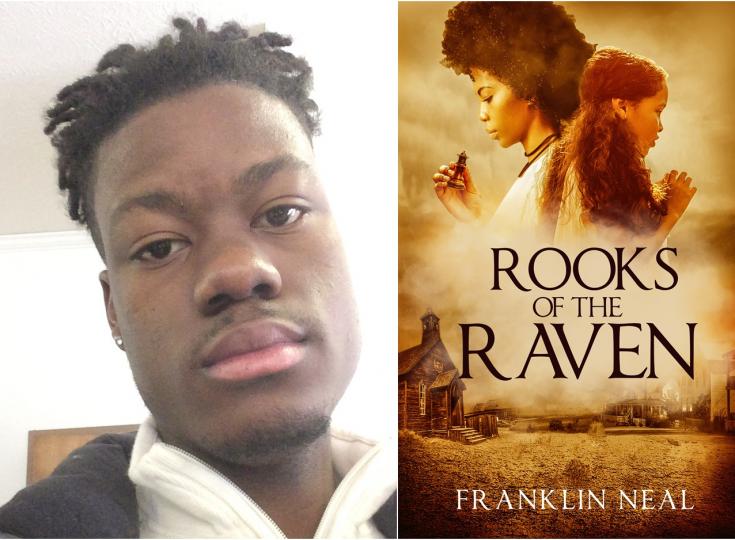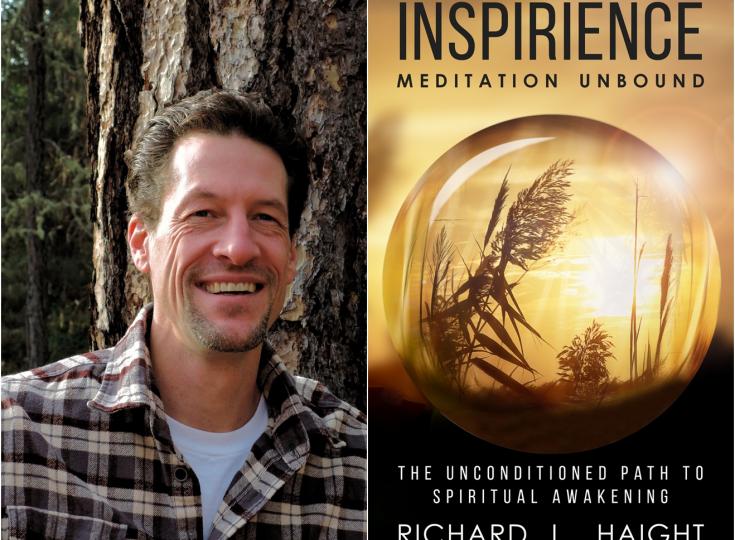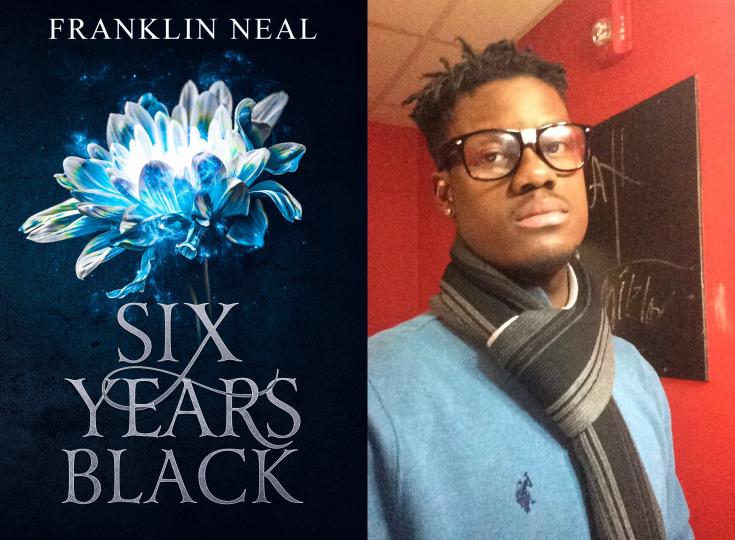Maryann Miller - Baby Kidnappings and a Flawed Protagonist
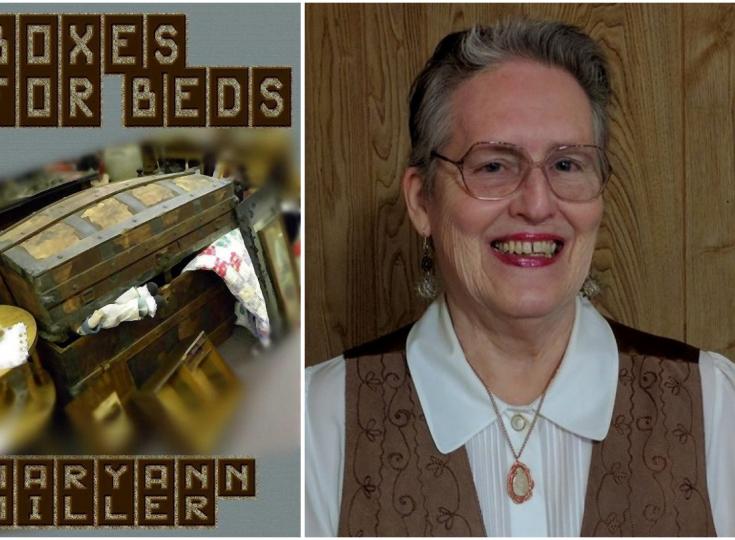
Maryann Miller is an award-winning author of numerous books, screenplays, and stage plays. She started her career as a journalist, writing columns, feature stories, and short fiction for regional and national publications. An ongoing theme in all of her novels is the celebration of strong women. When not writing with a cat on her lap and a dog at her feet, Miller loves to play on stage and putter around in gardens. As our Author of the Day, Miller tells us all about her novel, Boxes for Beds.
Please give us a short introduction to what Boxes for Beds is about.
Boxes For Beds is a historical mystery that features, Leslie Richards, a troubled woman who has moved from New York to a small town in Arkansas, looking for a restful place to recover from a traumatic ending to a relationship. She hopes that the peaceful setting will help her in her efforts to put herself back together emotionally. Instead, she falls victim to a corrupt sheriff who arrests her for a series of baby kidnappings, and it soon becomes clear there will be no peace for her in Pine Hollow.
What inspired you to write about baby kidnappings?
The idea for this story was triggered by a newspaper article I read in The Dallas Morning News. According to the news story, an elderly woman died in an old house on the outskirts of a small town in Arkansas. She had never married and had no extended family. When authorities went through her house, they found skeletons of babies in her attic. Neighbors were shocked, and nobody knew where the skeletons had come from; there were no clues and authorities were mystified. The mystery intrigued me, and my writer’s brain immediately started plotting out possibilities. Plot is driven by asking “why” and “what if,” and finding answers to those questions is how any story is developed.
Why did you pick a small town in Arkansas as the backdrop for your book?
There were several reasons for picking a small town in Arkansas. First was to answer the question of why Leslie would move there from New York. Not many New Yorkers would make that choice, but Leslie’s grandmother had lived in Pine Hollow. Leslie has good memories of her childhood visits there, and she wants to make some good memories with her daughter, Mandy. It is also a place where Leslie hopes she can get back on firm footing from an emotional standpoint.
The second reason was the need to have a small geographical area that could believably have a corrupt sheriff running law enforcement. And it had to be close enough to Hot Springs to tie in the Organized Crime aspect and the control the mob had over so much of what went on in Hot Springs up through the mid-sixties. They controlled the racetrack and most of the bathhouses, running numbers, prostitution and other criminal activities. I learned a great deal about that control by visiting the Gangster Museum in Hot Springs.
Who is Leslie Richards? What makes her tick?
Leslie is a troubled, flawed protagonist, coming from a very difficult past. She did things in her youth that got her into a lot of trouble, almost landing her in jail. She suffers a bit from what is recognized today as a dissociative state, but that was not diagnosed as easily back in the early 60s as it is now. She has fugue moments where she isn’t sure what she has done, which only adds to the suspicions the sheriff has about her. She is also creative and fun and doing her best to be a good mother.
A writer of children’s and young adult books, she is fairly successful and has an agent, Merrill, who is a good friend as well as business partner. Merrill doesn’t want Leslie to leave New York, but understands the need. Leslie’s long-time love interest, Ronald, has just dumped her, and going to a small town might be a good place to rest and recover emotionally.
Tell us more about the title for your book "Boxes for Beds". Why did you name it this way?
The title came to me right from the moment I decided I needed to write a book about this mystery. The bones found in that elderly woman’s attic were in cardboard boxes, wrapped in blankets so old the fabric was rotting. It was almost as if someone had just put the babies down for a nap in those boxes. While the thought of someone actually taking the time and care to lovingly put dead babies into a box is really creepy, it also establishes an emotional connection with the reader. To make that connection, I created the unnamed character who talks to the babies as if they are still alive and really does seem to love them.
Readers report that they were on pins and needles throughout the story. How did you manage to keep them at the edge of their seats?
It’s been great to read the many reviews that have mentioned that readers had a hard time putting the book down, being as anxious as Leslie to find out who the real kidnapper was. There were a few things I intentionally did to ratchet up the suspense. First was utilizing Leslie’s doubts about what she might have done during one of her black moments. Could she have taken the first baby that disappears? Then, there was the ticking clock element to the story. The sheriff had to solve the case before the mob bosses came down from Chicago for a big meeting. That motivated him to do whatever it would take to pin the case on Leslie. And finally, was the race to find Mandy, Leslie’s daughter who disappears toward the end of the story. When a child is in jeopardy it’s hard not to be very eager to get to the end of the story. That jeopardy will sure keep me reading a book.
Besides writing, what other secret skills do you have?
I love to play on stage, although when one does that it is hardly secret. LOL I’ve always loved live theatre and spent fifteen years as the Theatre Director at the Winnsboro Center For The Arts in the small town where I used to live. But then I discovered the thrill of being on stage, and went on to play major roles in a number of productions at a community theatre in a larger East Texas city. One of my favorite roles was playing Martha in “Arsenic and Old Lace.” I love that play and had always thought it would be great fun to be in it. And it was.
It was also great fun to play Nona in “The Altos: Like the Sopranos, Only Lower.” When we did the show, my husband said Nona was my alter-ego, and maybe she still is. I loved to resurrect the character for Comedy Nite performances at the art center, and when I recently moved, leaders at the art center let me take my Nona costume. Who knows, she may show up on a YouTube video again.
I also dabble in some visual art, painting and coloring. I’ve always colored and had to smile when adult coloring became a fad a couple of years ago. I could finally tell people I have coloring books and they aren’t for my grandkids, although I have always had some for them.
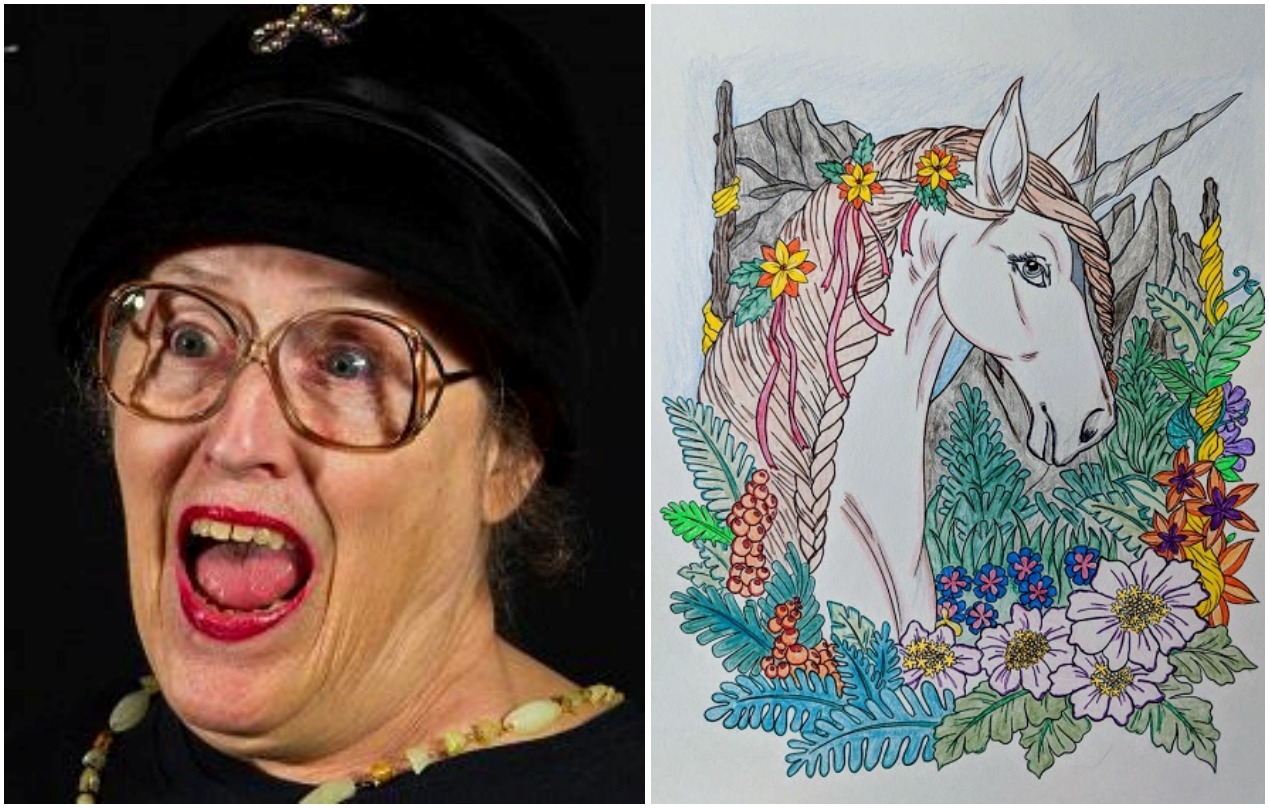
When working on a novel, how do you immerse yourself in the main characters' lives? Do you observe people in a certain culture, or do you try to walk in their shoes?
Each novel has been different when it came to getting a handle on the main character. Often the character comes to me fully-developed, in that they are already real people in my mind. In some instances that happens immediately when I get a story idea, such as Jenny in One Small Victory. That book, too, was inspired by true events that I read about in a news story. I was so blown away by the thought of a woman, a single mother, working on a drug-task force to bring down a major drug lord in her small rural town, that I knew I had to write her story.
Leslie didn’t come as quickly, but she was still very real to me when I started Boxes For Beds. I just had to work a little more on her background to finally “see” her completely.
The two central characters in my Seasons Mystery Series, Sarah Kingsly and Angel Johnson, were developed after numerous interviews with police officers in Dallas. In fact, Angel is very much patterned after a young black officer I met with. Sarah is a compilation of officers I interviewed when I did ride-alongs with suburban police officers to get a sense of what it is like to be in law-enforcement. That series has been referred to as “Lethal Weapon” with female leads set in Dallas.
Why did you pick the 1960s as a time period for your book?
The early 60s were important to the major plot issue of police corruption and mob influence in Hot Springs. After about 1965, most of the mob influence had been stopped by law enforcement that wasn’t corrupt. The earlier 60s were also years when an unmarried woman having a baby was a much bigger issue than it is today, and that was an important element of Leslie’s story. She was not married when she had Mandy, and that fact is part of the reason Ronald broke their engagement. It is also what created the emotional problems Leslie has. Young women of that time period were forcefully encouraged to give their babies up for adoption, and Leslie did not want to give her baby to someone else, even after signing a paper saying she would.
Do reviews and reader feedback shape your work? Or do you feel like it's better to avoid the feedback—both positive and negative—so that it won't interfere with your vision?
Reader feedback can be good in several ways. I do like to use beta readers, and did have a couple for Boxes For Beds. Their comments and suggestions were very helpful in doing the final draft of the story. Thoughtful reviews, positive or negative, help me recognize what I’m doing right, as well as what I may need to improve in my next book. And, of course, hearing from a reader who loved the books is so energizing. I think all writers can attest to that. Writing is so hard on so many levels, that if we didn’t hear from happy readers, many of us would not keep doing what we do.
Apart from writing books, you have also written screenplays and stage plays How did this influence the way you write your stories?
I’ve always written very visually. In fact, the first screenplay I wrote, “A Question of Honor” was an adaptation of a short story that had won a contest in the Houston Writers’ Conference. The judge commented that the story had strong visual components and suggested that I turn it into a screenplay. I did, and the next year the screenplay won first place in the screenwriting category of the same contest, as well as being a semi-finalist at Sundance.
What I’ve learned writing scripts that directly impacts my novel writing is first how to use dialogue to move a story along. Scripts are primarily dialogue driven, so to write one well I had to master the skill of writing effective dialogue. What characters say and how they say it can reveal personalities as well as plot elements, and that has to be done without in-your-face exposition. For example, characters telling another character things the two of them would already know, just to get that information over to the reader. There’s also a subtext to good dialogue, which is often missing in real conversations, especially those ever-so-polite ones.
Scripts are also written in very short scenes, and while most novels aren’t written that sparingly, some, including mysteries, benefit from a quick cut from one scene to the next. Especially when that cut is made at a most dramatic moment in the scene, leaving the reader eager to find out what’s next. When writing my first drafts and I’m stuck on writing a transition from one scene to another, I will often just write CUT TO and jump to the next scene, adding a transition in a second draft. I do that so I don’t stop the creative flow to figure out wordage that just isn’t coming at the moment.
Do you have any interesting writing habits? What is an average writing day like for you?
With perhaps only a few exceptions, I don’t think we writers have particularly interesting writing habits. We find our way to our computers and keyboards at whatever time of the day works best for us, and we write. Some have a set number of hours they work and/or a word-count goal. Late afternoons are my prime time, and I try to do a minimum of 1000 words on my current fiction project. Earlier in the day I will take care of business matters, do some editing for clients, and update my blog. Sometimes the plan works, and sometimes I just say, “Tomorrow will be a better writing day.” But I do take care of my clients in a timely manner.
I am a bit out of the norm, however, in that I don’t write with music playing. I can’t. I’m pulled away by the lyrics, and if I play an instrumental piece, I start thinking of lyrics to go with the music. I think my son spoiled me on that front. He writes music and often asks me to help him write lyrics. To do that, I listen to his tune over and over until words start to come.
What are you working on right now?
I’m trying to finish the third book in the Seasons Mystery Series. Desperate Season has been on hold for a few years because of life issues that interfered with writing. And then when I was writing again, this other book just screamed to be written before I could get back to the series. That book became Evelyn Evolving: A Story of Real Life based on my mother’s life, and it was released in May by First Chapter Publishing.
Desperate Season is getting close to completion, so if I can keep any other ideas from talking to me between now and the end of summer, I should have it finished.
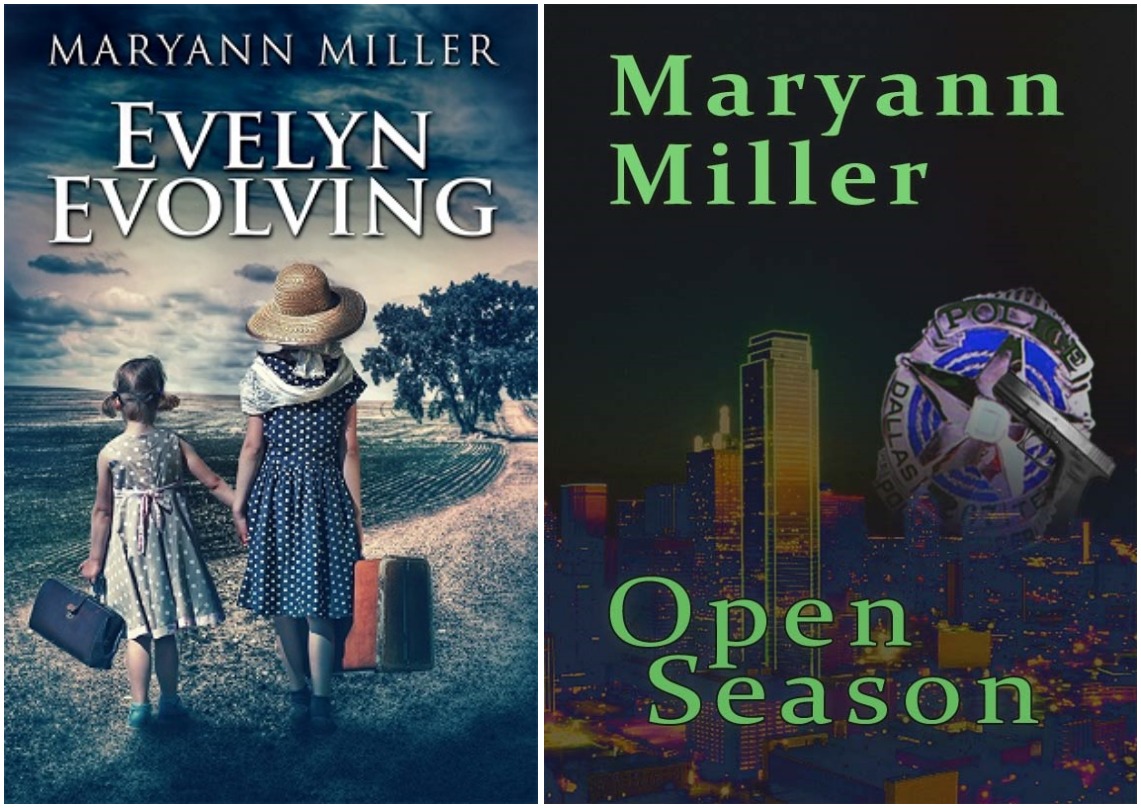
Where can our readers discover more of your work or interact with you?
I love to chat with readers and they can find me on my website, Amazon, Facebook and Twitter. My blog is on my website where I post on a variety of topics, but I try to focus on reviews and hosting authors as my Wednesday’s Guest. All of my books can be seen on the book page of my website, as well as on my Amazon author page.
Website
maryannwrites.com
Amazon Author Page
https://www.amazon.com/Maryann-Miller/e/B001JP7Y1S/ref=dp_byline_cont_ebooks_1
Facebook Author Page
https://www.facebook.com/Maryann-Miller-176896965725974/
